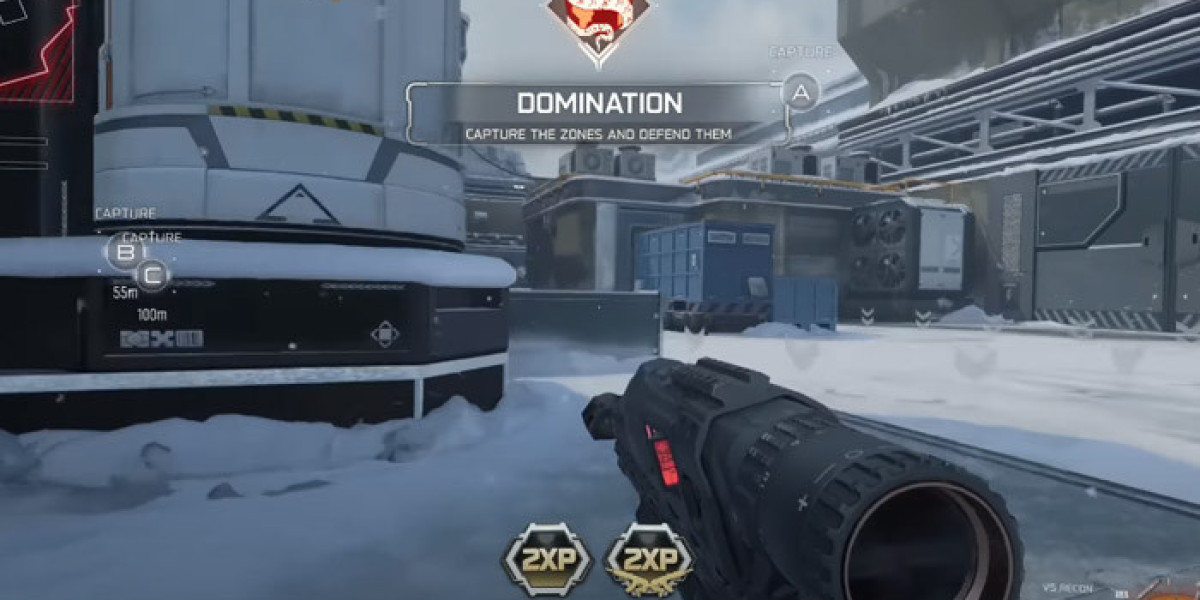Call of Duty has always dominated the gaming world, but Black Ops 7 arrives at a difficult moment in the franchise’s long history. Despite players finding pockets of enjoyment—whether exploring multiplayer or jumping into bo7 bot lobbies—the game’s reception has been far more negative than Activision expected. But the reasons for this disappointment run deeper than a single campaign or design choice.
The biggest underlying issue is development fatigue. For nearly 20 years, Call of Duty has released annually with contributions from multiple studios. While this assembly-line approach kept the brand relevant, it also strained creativity, time, and quality. By the time Black Ops 7 entered production, the cracks were already visible.
Both Black Ops 6 and Black Ops 7 were green-lit simultaneously, an unusual—and risky—decision. Developers publicly framed this as a coordinated effort, but the final product suggests otherwise. Features teased for Black Ops 7, such as wall running, were removed entirely. The campaign, which should anchor a major release, relies heavily on reused assets and empty environments.
The narrative has also drawn widespread criticism. Described by players as nonsensical, rushed, and immersion-breaking, the story fails to capture the gritty intensity that defined the Black Ops subseries. Moments that should feel bold instead come across as unpolished, such as battles with deepfake villains and oversized boss encounters that feel more like satire than meaningful design.
Multiplayer remains the strongest component, bringing improvements in pacing and responsiveness. However, many fans note that the mode feels like a refined version of older games rather than a new experience. Innovation, once a hallmark of the franchise, is now overshadowed by a tendency to recycle old ideas.
Zombies mode, while improved from previous years, suffers from a similar identity crisis. The increasing homogenization of all modes—especially the Warzone-inspired systems creeping into Zombies and even campaign content—makes each experience feel less distinct.
Perhaps the most telling signals come from player data. Steam player counts are dramatically lower than last year’s installment. User reviews across platforms are overwhelmingly negative. On social media, long-time fans express fatigue not only with Black Ops 7 but with the direction of the franchise as a whole.
Competition further complicates the situation. With Battlefield 6 finally delivering a strong entry and new contenders like Arc Raiders shaking up the landscape, Call of Duty no longer dominates by default. Gamers have options—and many are choosing them over Black Ops 7.
So, what does this mean for the future? Call of Duty isn’t going anywhere. The franchise is too massive, too ingrained in gaming culture to disappear overnight. But Black Ops 7 signals that the formula is failing. Without a shift away from the yearly schedule, without room for creative reinvention, and without meaningful innovation, the downward trend could continue.
Black Ops 7 represents more than a disappointing release. It represents a moment of truth—a chance for the franchise to rethink its trajectory before long-time fans decide to walk away.
Read more: BO7 Meta Mayhem: Top 5 Loadouts Shredding Multiplayer Right Now








